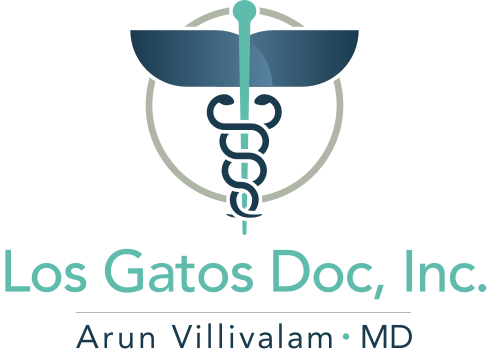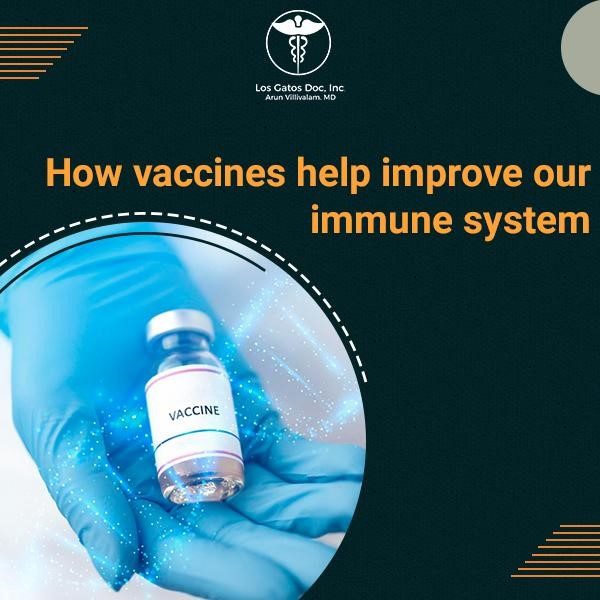There have been many misconceptions about vaccines and their safety. But time has proven that vaccines play a necessary role in helping protect individuals and communities around the globe. Specifically, vaccines do an incredible job of boosting our immune system and protecting us from serious diseases.
What is our immune system and how does it work?
Our immune system is a network of cells, tissues, and organs that work together to defend our body from the invasion of harmful bacteria, viruses, and other pathogens. When these pathogens enter our bodies, they multiply and attack our healthy cells, causing an infection. Infections bring forth diseases that make us sick.
Our immune system protects us from diseases by fighting off the harmful germs, usually by generating antibodies. Antibodies work to attack, weaken, and destroy germs. Your body sends the right antibodies to target the antigens on the foreign germ cells, so you don’t fall sick. This is called an immune response or simply immunity.
What is the role of vaccines in boosting immunity?
Our body’s immunity may not be adequate or quick enough to fight off all germs, especially those the body has not been exposed to before. Vaccines are important to boost the body’s immune system by stimulating the production of the right antibodies. Vaccines do this by providing a controlled exposure to a pathogen so the immune system can be trained and strengthened to fight the pathogen, if exposed to it, in the future.
For instance, before the invention of the varicella vaccine, millions of people contracted the very contagious chickenpox each year. Chickenpox can lead to other complications like pneumonia and swelling of the brain. The varicella vaccine has helped protect millions against this deadly disease.
In today’s times, there is a global quest to develop a vaccine against the novel coronavirus that has caused the COVID-19 pandemic in the hope of developing herd immunity and helping the world get back on track again.
Are vaccines safe?
As a primary care physician in Los Gatos, one of the frequently asked questions I face is about vaccines’ safety. My standard response is that vaccines are very safe and effective. Independent research studies and the WHO have found that vaccines are, in fact, far safer than therapeutic medicines.
Vaccines are given to millions of people, including children, to protect them against serious diseases, and they’re held to very high safety standards.
The United States has one of the most advanced systems in the world for vaccine safety. Every licensed and recommended vaccine goes through years of safety testing. All vaccines undergo stringent testing and evaluation before they are licensed by the Food and Drug Administration (FDA) and recommended for use by the Centers for Disease Control and Prevention (CDC).
The reason a single vaccine takes several years is that it’s first tested in labs before the FDA decides whether to take it to the next level of testing on people. In clinical trials, the vaccine is tested on people who volunteer to get vaccinated and the number can start anywhere from 20 to 100 and go up to several thousands.
All vaccines have to meet the standards for quality and safety as approved by FDA, CDC, and other federal agencies, which continue to monitor it even after it is licensed and recommended for use.
Types of Vaccines
We have four main types of vaccines:
- Inactive vaccines are grown from virus, bacteria or other pathogens that are killed. They require multiple doses to reach the desired protection or to sustain the level of defense. Some examples of inactive vaccines are those that prevent the flu, polio, and hepatitis A.
- Live vaccines are made from weakened forms of disease-causing organisms. Live vaccines provide full protection after one or two doses. Some examples of live vaccines are MMR (measles, mumps, rubella), rotavirus, and chickenpox.
- Subunit, recombinant, polysaccharide, and conjugate vaccines use specific pieces of the germ such as its protein, sugar, or capsid (the casing around the germ.) They can be used on almost everyone, including people with weakened immune systems and long-term health problems. You may need booster shots to get ongoing protection against diseases. Some examples of these vaccines are those that protect against Hepatitis B, HPV (Human papillomavirus,) and Meningococcal disease.
- Toxoid vaccines use a toxin made by the germ that causes a disease. They create immunity to the parts of the germ that cause a disease instead of the germ itself. You may need booster shots to get ongoing protection against diseases. Some examples of the toxoid vaccines are the diphtheria and tetanus vaccines.
How do vaccines work in boosting our immunity?
Vaccines help our immune system do its job better and faster, protecting us from serious diseases.
They help fight infections faster and more effectively. When we get a vaccine, it sparks our immune response, helping our body fight off and remember the germ so it can attack it effectively if it invades our bodies. This is called a vaccine immune response.
Vaccines often provide us with long-lasting immunity to serious diseases without the risk of serious illness.
Most times, it has been proven that vaccines strengthen our natural immunity. Natural immunity develops after you get sick with a disease. But some diseases can be serious, even fatal. Rather than wait and get sick to develop natural immunity, consider getting a vaccine to protect us before the germs invade our bodies and make us sick.
How vaccines protect our community?
Vaccines don’t just protect us. They also protect the people around us—our communities.
Did you know that when we get vaccinated, we’re also protecting the unvaccinated people around us? This is called community immunity, or herd immunity. It’s why you and your family should get vaccinated to help keep yourselves and your community healthy.
Here’s how community immunity works:
Germs can travel quickly through a community and make many people sick. Sometimes, it can lead to an outbreak like the current COVID-19 pandemic. But when enough people are vaccinated against a particular disease, or develop natural immunity, the germs can’t transmit as easily from individual to individual. As a result, the community is less likely to catch the disease. So, even unvaccinated people will have some protection from getting sick. And if they do fall sick, there’s less chance of a community outbreak as it’s harder for the disease to spread. Over time, the disease becomes rare, and even wiped out completely.
Community immunity protects everyone, especially people with chronic medical conditions who are more likely to develop complications from infections.
Final Thoughts
We can all help prevent the spread of diseases by getting our vaccinations.
Vaccines prevent diseases, and preparation for it is the key to our healthier selves and healthier communities. You can discuss the recommended vaccines, timelines, schedules, risks, and benefits with your family care physician.
To help protect the health of everyone in the community, vaccinate today. For a list of recommended vaccine, please visit: https://www.losgatosdoc.com/services/immunizations/#vaccines
You can always consult Dr. Arun Villivalam, your primary care doctor in Campbell, CA, Los Gatos, and Saratoga CA, about your health. Know more: https://www.losgatosdoc.com/






